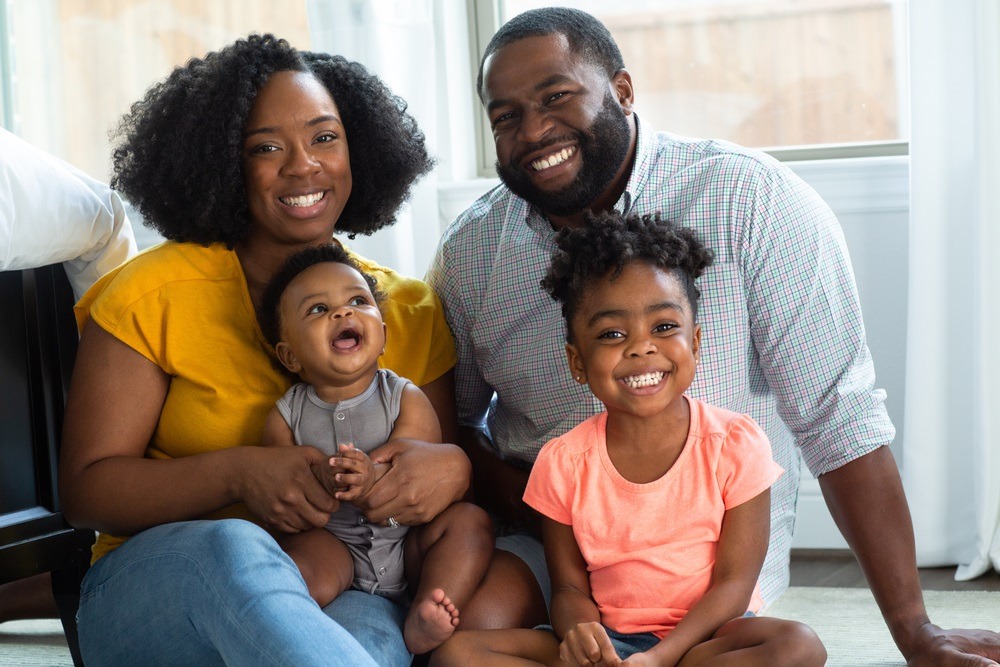Types Of Foster Care
- Home
- Types Of Foster Care
Types of Foster Care
Foster care comes in several forms to meet the diverse needs of children and families. Here
are the primary types:

Traditional Foster Care
This is the most common type of foster care, where children are placed with licensed foster
families on a temporary basis while efforts are made to reunify them with their biological
families.
Purpose: Provide a safe, stable environment for children while their parents work to resolve issues.
Duration: Typically short- to medium-term.

Kinship Care
Again kinship is someone you know. Family or friends so race/ethnicity would need to be the same
Purpose: Maintain family connections and cultural continuity.
Benefits: Children often feel more secure with familiar caregivers.

Respite Care
Respite care involves short-term foster placements to provide relief for full-time foster
parents.
Purpose: Allow foster families time to rest and recharge.
Duration: Typically a few days or weeks.

Therapeutic Foster Care
This type of care is for children with significant emotional, behavioral, or medical needs. Foster
parents receive specialized training to care for these children.
Purpose: Provide intensive support to children with trauma or special needs.
Features: Collaboration with therapists, doctors, and educators.

Emergency Foster Care
Emergency foster care is for children who must be removed from their homes immediately due
to unsafe conditions.
Purpose: Provide a temporary safe haven during crises.
Duration: Often lasts only a few days until a longer-term placement is found.

Long-Term Foster Care
Long-Term Foster Care
For children who cannot reunify with their families but are not candidates for adoption, long-term foster care offers stability and consistency.
Purpose: Provide a permanent foster home until the child ages out of the system or other
arrangements are made.

Group Homes or Residential Care
Group Homes or Residential Care
Some children, particularly older youth or those with complex needs, may live in group homes
staffed by trained professionals.
Purpose: Offer structured care for children who may not thrive in traditional foster homes.
Focus: Education, therapy, and life-skills training.

Pre-Adoptive Foster Care
This type of care involves children placed with foster families who intend to adopt them.
Purpose: Transition children into permanent homes while finalizing adoption processes.
